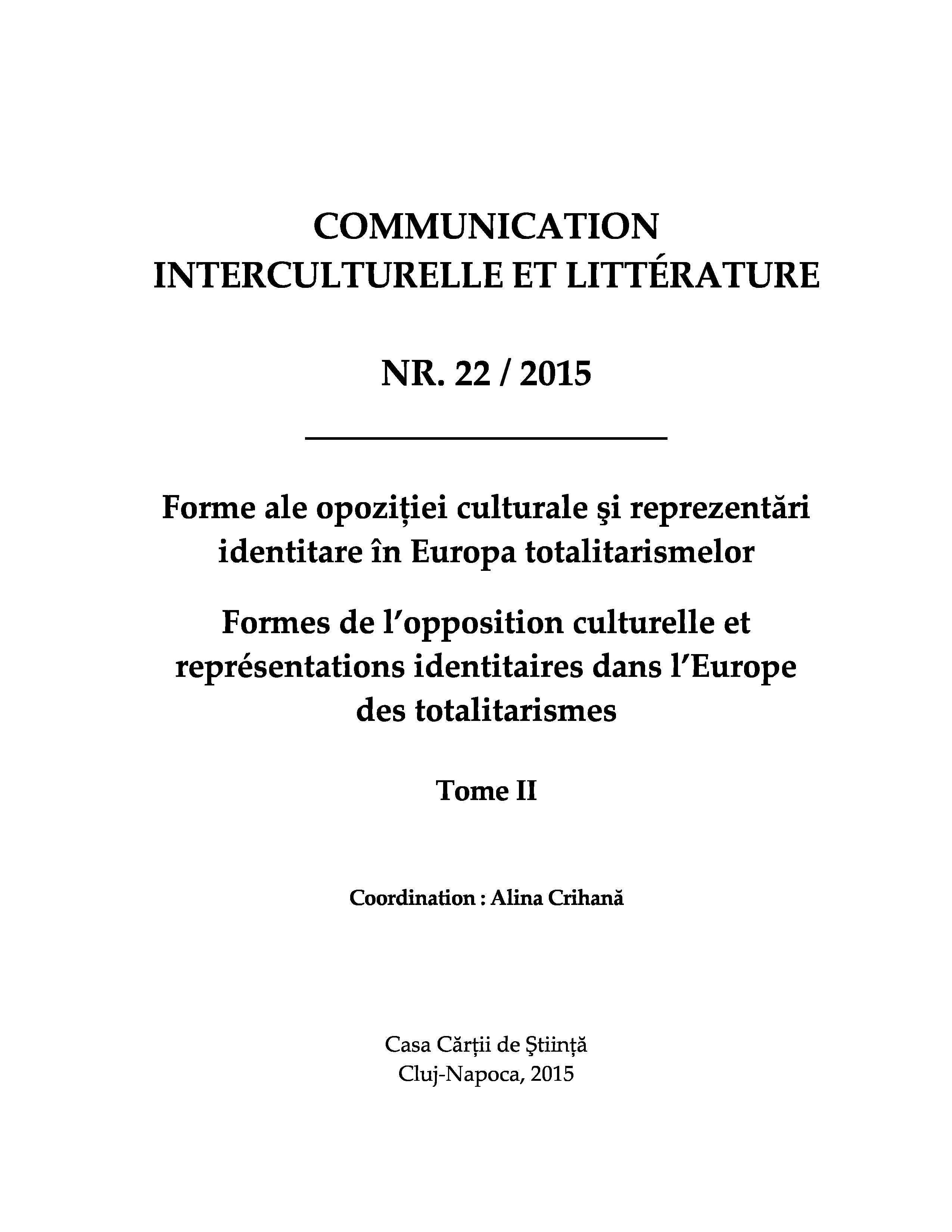Cross Cultural Transfer in the case of Local or Regional Websites of Transnational Companies
Cross Cultural Transfer in the case of Local or Regional Websites of Transnational Companies
Author(s): Anca Gâţă, Alexandru PraislerSubject(s): Language and Literature Studies, Translation Studies
Published by: Editura Casa Cărții de Știință
Keywords: cross-cultural transfer; company; localization; translation; website
Summary/Abstract: ‚Website cloning‛ was forbidden some time ago. Lately, it has become an important marketing tool for small businesses and large transnational corporations. Replicating a website as a business development objective is neither a matter of creating a perfect replica of the original website, nor necessarily a crime if website replication ethics is observed. This means creating a rather different website sometimes, often in another language, by maintaining specific features of the ‘leader’ site. The content of the source site is modified by actions such as customization and/or localization. Localization is a cross cultural transfer in point of linguistic content, while customization may also take into account transformation of semiotic, graphic, and design elements so as to make the local/regional company website appropriate to the expectations of a particular audience. Redesigning, customizing, localizing, translating the contents of the leader website are corroborate actions in the business virtual environment, meant to enhance the image of the foreign company in a host culture and society, and to correct, improve and foster business habits of the host environment. Localization is performed by specialized agencies which also provide interesting definitions of localization and motivation. About one third of Internet users do not use English as the main language for communication. Thus, it has become necessary in a business context to transfer information about brands, companies, products distributed globally to local cultures. This study highlights some of the main characteristics of the transfer of a business website form and content to another cultural (also geographical and business) setting, pointing to the way in which neglecting particular elements in this transfer may have a larger negative impact at society level and looking at possible effects of the interaction between English and Romanian in the virtual business environment. The analysis is concerned with a comparison of the Unilever global company website and the corresponding Romanian local website (for Unilever Romania). Present day Romanian seems affected by the use of English in business practice. This use might have positive effects and negative consequences. Lack of language policy of host states may affect the image of transnational corporations.
Journal: Comunicare Interculturală și Literatură
- Issue Year: 22/2015
- Issue No: 2
- Page Range: 127-152
- Page Count: 26
- Language: English

